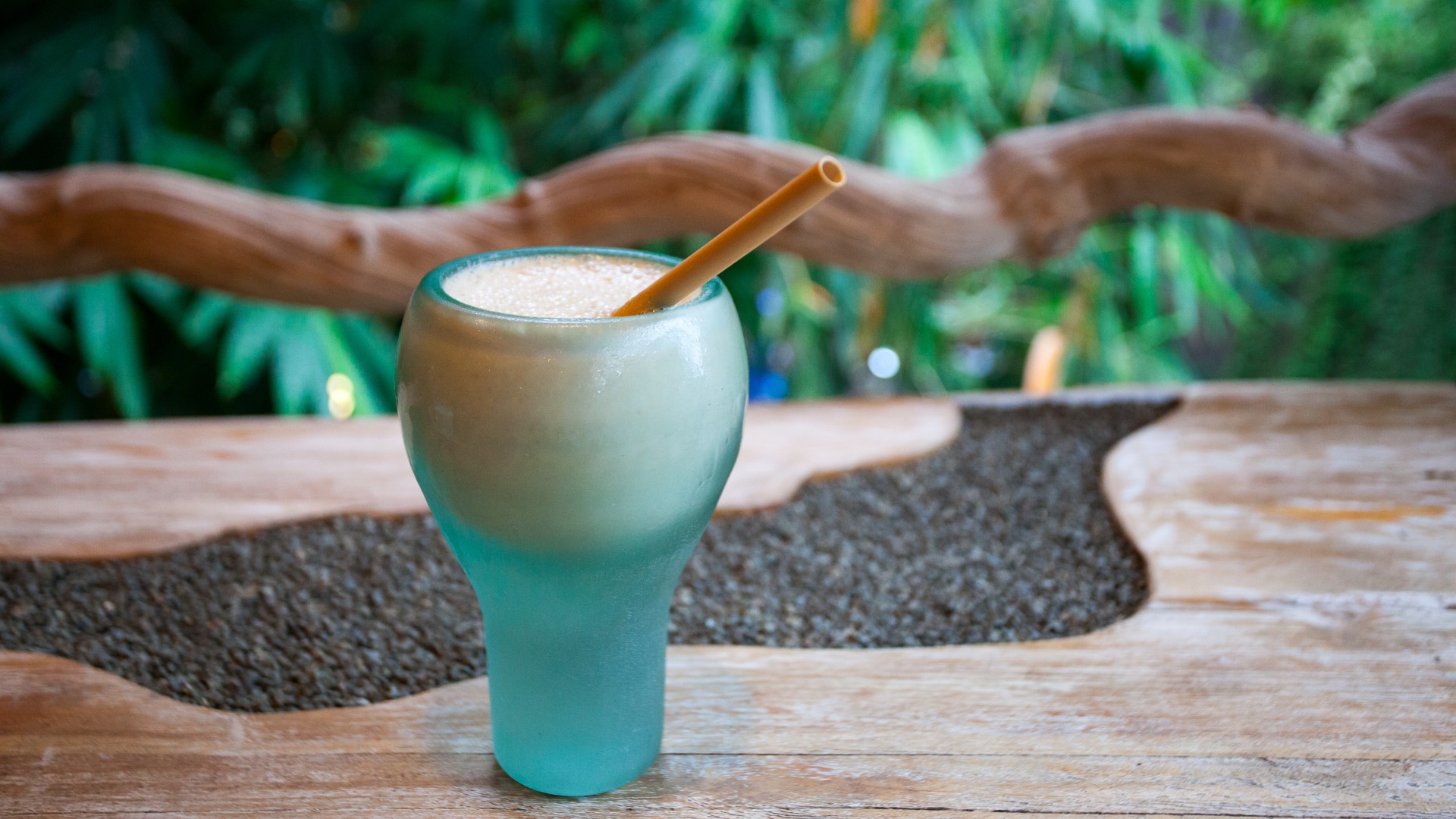
Is bamboo production a sustainable alternative for the environment?
The surge in demand for bamboo inevitably has its own set of consequences.
No matter how sustainable a material may be, there are always pros and cons to its production.
One significant concern is that of supply and demand. When a product such as bamboo is in high demand, moderation is the problem.
In order to keep up with demand, even sustainable materials are at risk of causing more harm than good.
Overview
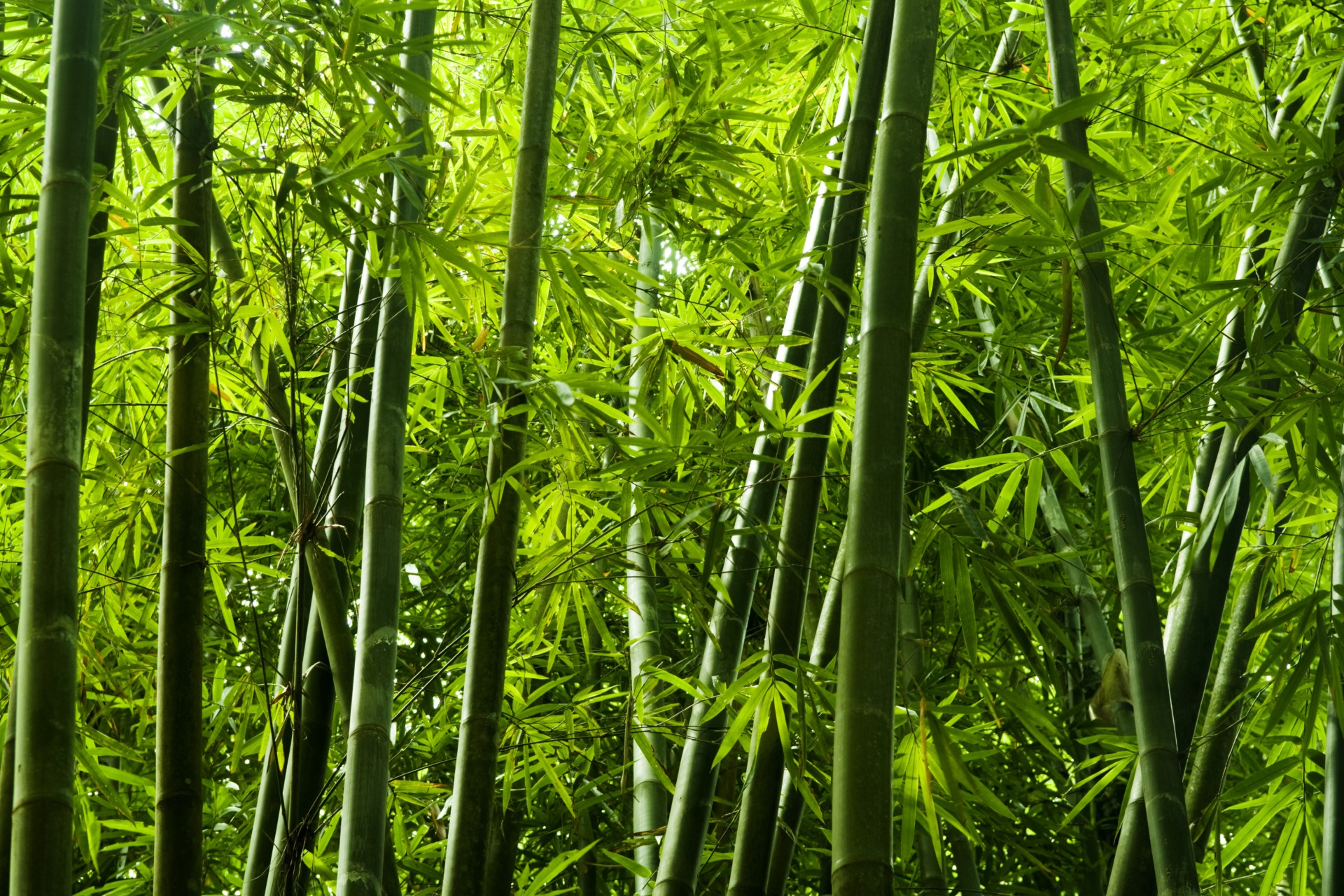
Bamboo has been around for centuries and was thought to have originated in China.
Did you know that bamboo is technically a grass?
Bamboo grows in cooler climates and is known for being a renewable material.
It is highly versatile, durable, and strong with the added benefit that the grass grows quickly in the right conditions.
For these reasons, bamboo has become very popular, which causes concern for supply and demand.
Today, bamboo is used in eco-friendly products such as:
- Textiles & Decor
- Fabrics & Clothing
- Building Materials
- Household Items (bamboo straws, cutlery, and cleaning products)
- Agriculture
Bamboo Straws
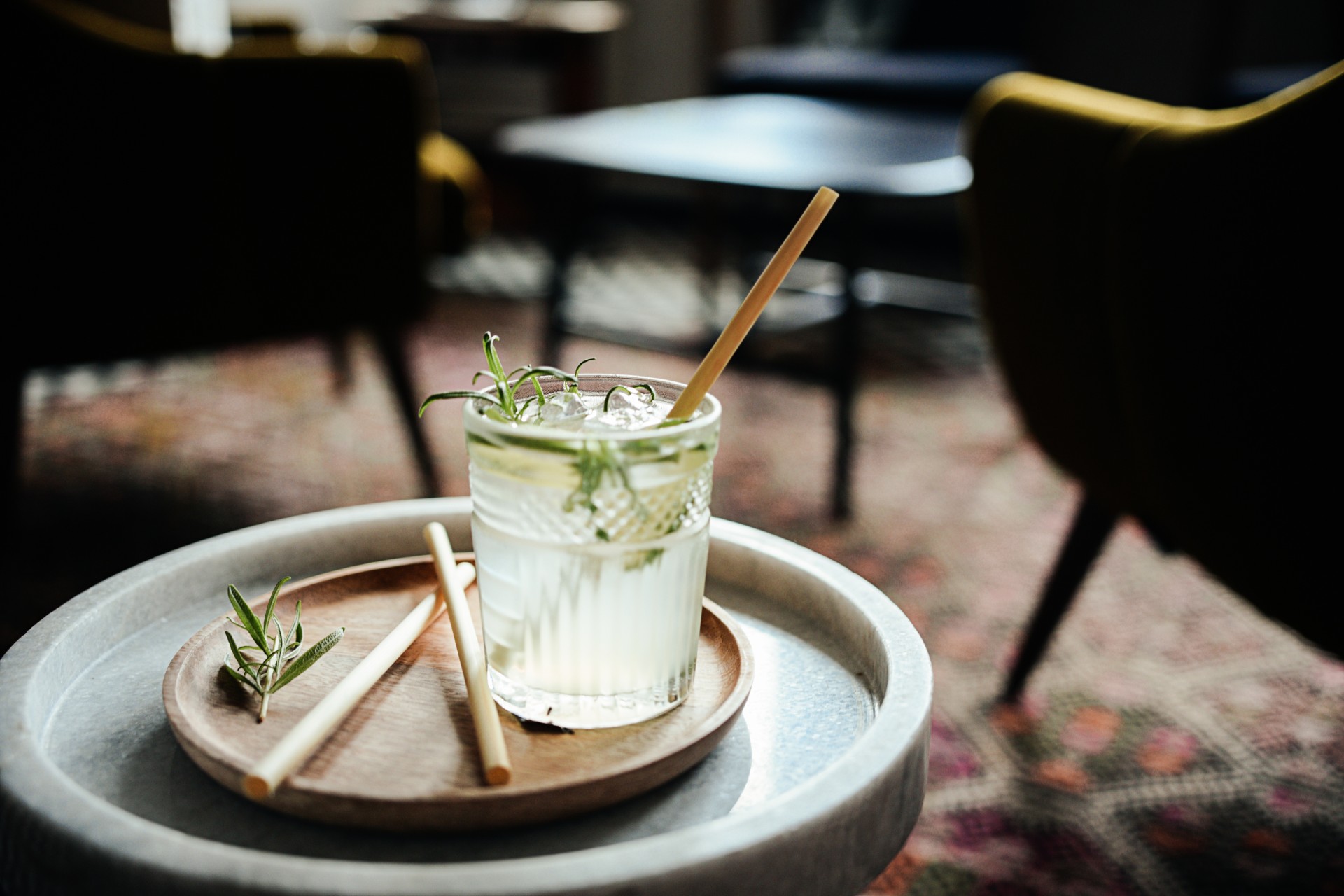
Bamboo Straws are an alternative to single-use plastic straws and do provide a solution to the issue of harmful micro-plastic pollution. However, it is essential that we look at the entire lifecycle of a product from start to finish and not just the product itself.
Pros:
- Bamboo straws can last up to 6 – 12 months
- Bamboo straws are an alternative to single-use plastic
- Bamboo straws are biodegradable
Cons:
- Bamboo straws are expensive
- Bamboo straws are difficult to clean
- Bamboo straws must be composted correctly in order to biodegrade
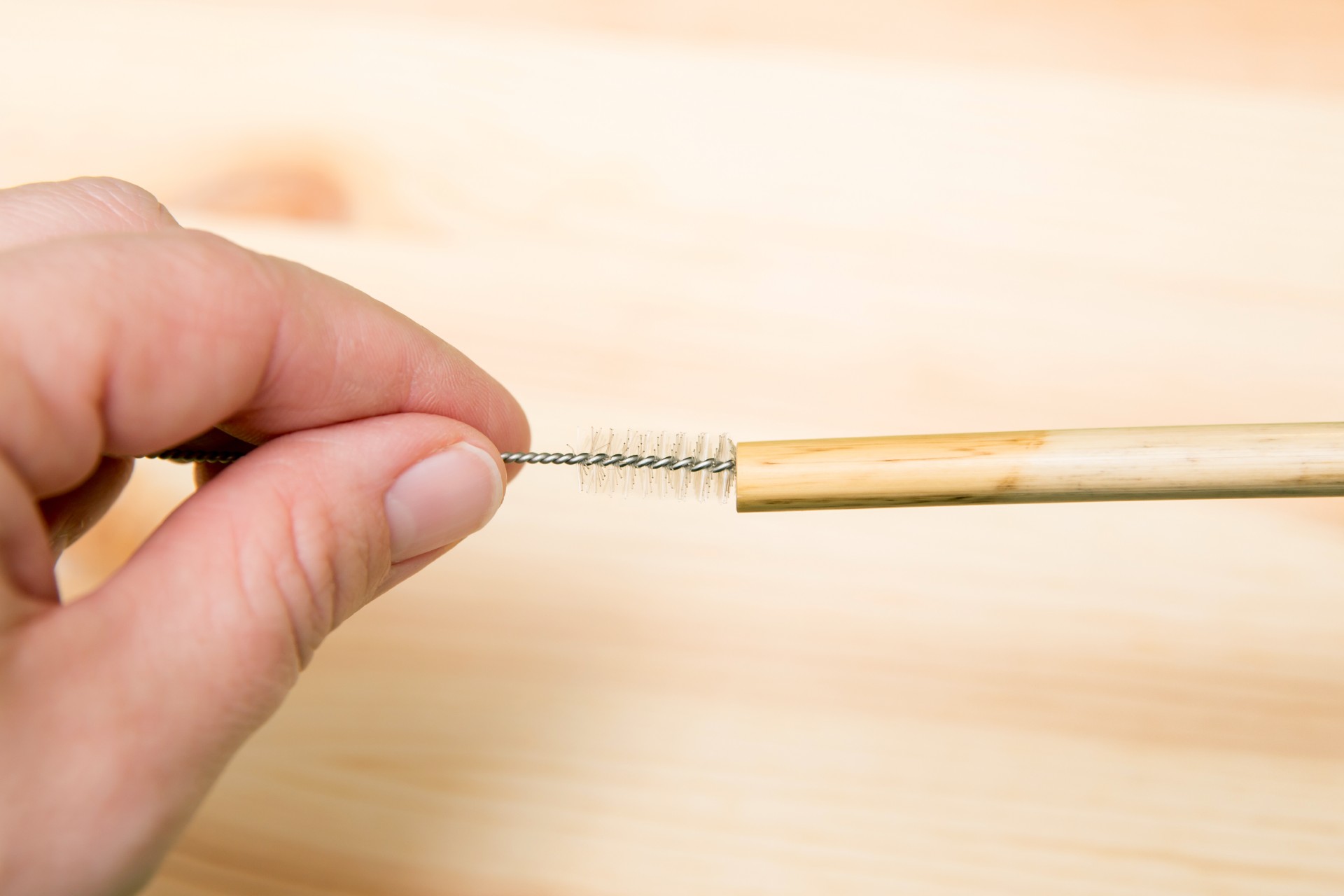
Bamboo is mainly grown in what is referred to as monoculture forests, similar to other mono-crops such as wheat and soy.
According to the China Digital Times, ‘during the past 15-20 years, a vast area of natural bamboo forests in many counties in the province has been turned into monoculture forests’.
When bamboo is planted, it is often done so on its own. This means the bamboo grass is the only crop grown in the area.
The main problem with monoculture forests are that they increase the susceptibility to disease and cause soil degradation.
Furthermore, smaller insects and plants may be damaged or lost which poses a problem for other smaller animals who rely on this ecosystem.
Large scale production of bamboo has led to an increase in monoculture forests especially across China, where the majority of the global bamboo supply is produced.
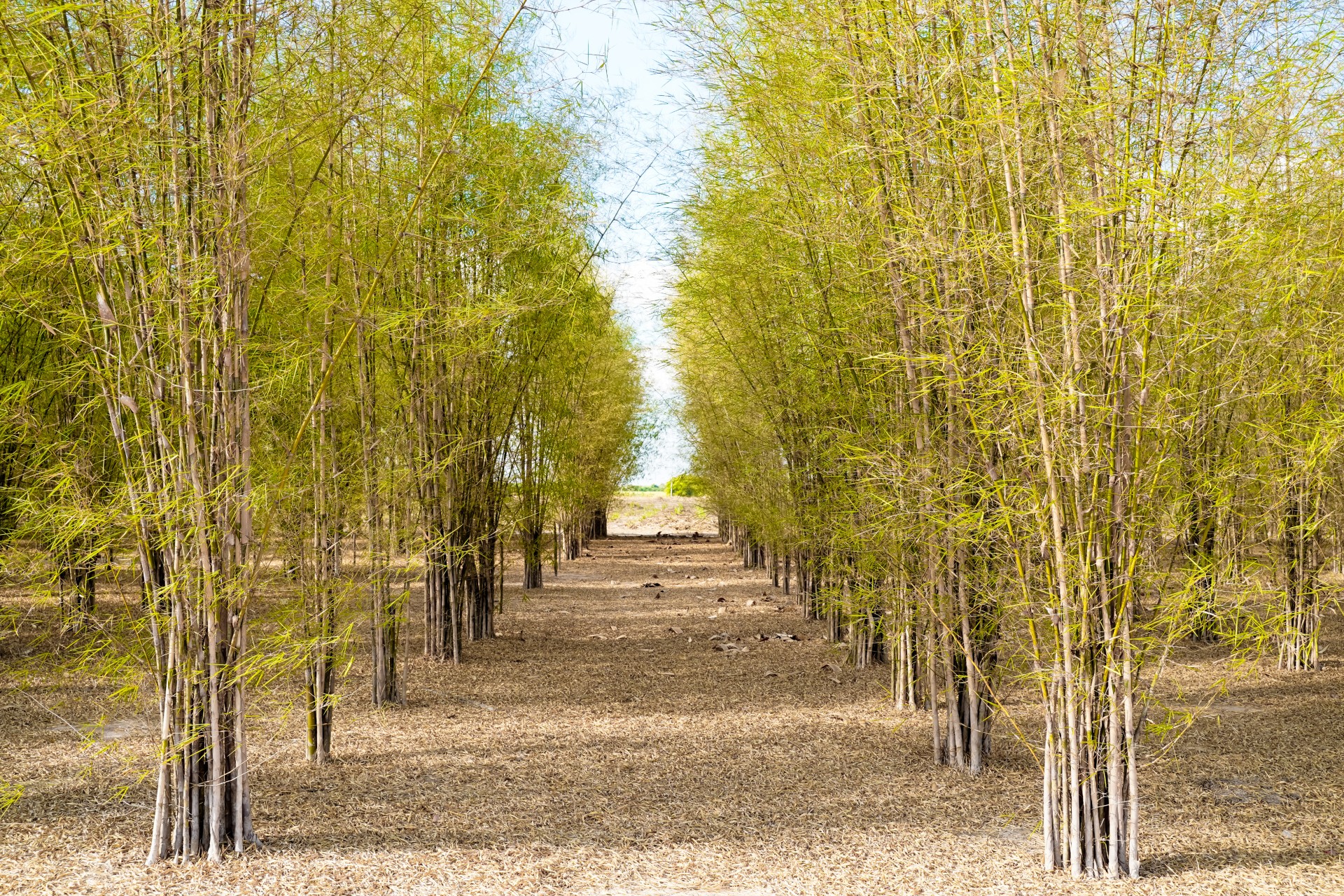
While this farming technique is highly effective and profitable for business, it is harmful for the environment.
Unfortunately, the promotion of monocropping has significant consequences for the environment and human health.
Monocropping leads to:
- Aggravation of soil-borne diseases
- Reduction in the quality of the crop
- Reduction in crop yield
- Degradation of soil quality
- Dependence on chemical fertilizer and pesticide products
Biodiversity Loss
Monocropping single-farm species creates vulnerability and scientists are reporting how this can have a significant impact on weather events and ecosystems.
The more vulnerable the soil becomes, the less chance it has to manage pests, wildfires, and other extreme events.
Water Supply
It is not only the land that suffers from monocropping but water too.
Chemicals and fertilisers are used heavily in the monocropping industry, which can potentially leach out into the natural environment and affect the local water supply.
Deforestation
Land clearing is only inevitable when a product is in high demand.
Bamboo plantations are expanding worldwide and are an incredibly popular crop to harvest.
However, it takes only five years for bamboo to reach its full potential making it a profitable resource to export.
Final Thoughts
Bamboo is a versatile material that can be used in everything from building to food. Unfortunately, the global demand is soaring, and companies are planting monoforests.
If you are planning to buy bamboo products, try and determine its origins, and look for ethically sourced bamboo. Or switch to an alternative that doesn’t require bamboo or plastic such as The Happy Turtle Straw.
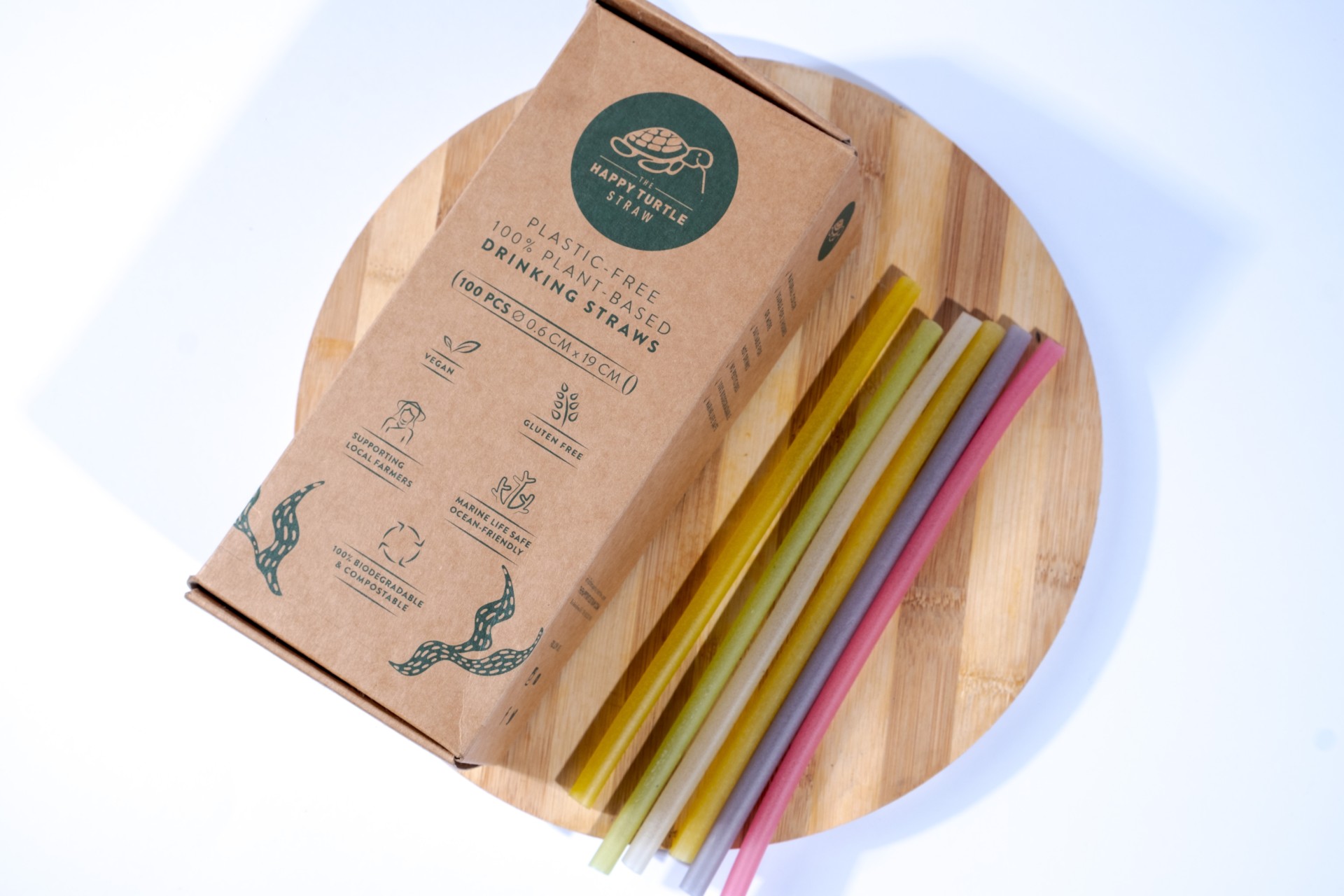
References:
- Origin of Bamboo, Uses & Sustainability (bamboogrove.com)
- Truth or Trend: Is Bamboo Sustainable? (ecoandbeyond.co)
- Monocropping – What Is It and How It’s Hurting the Environment (greenmatters.com)
- Monoculture Could Worsen Vulnerability to Climate Change – Food Tank
- Monocropping: A Disastrous Agricultural System (foodrevolution.org)




